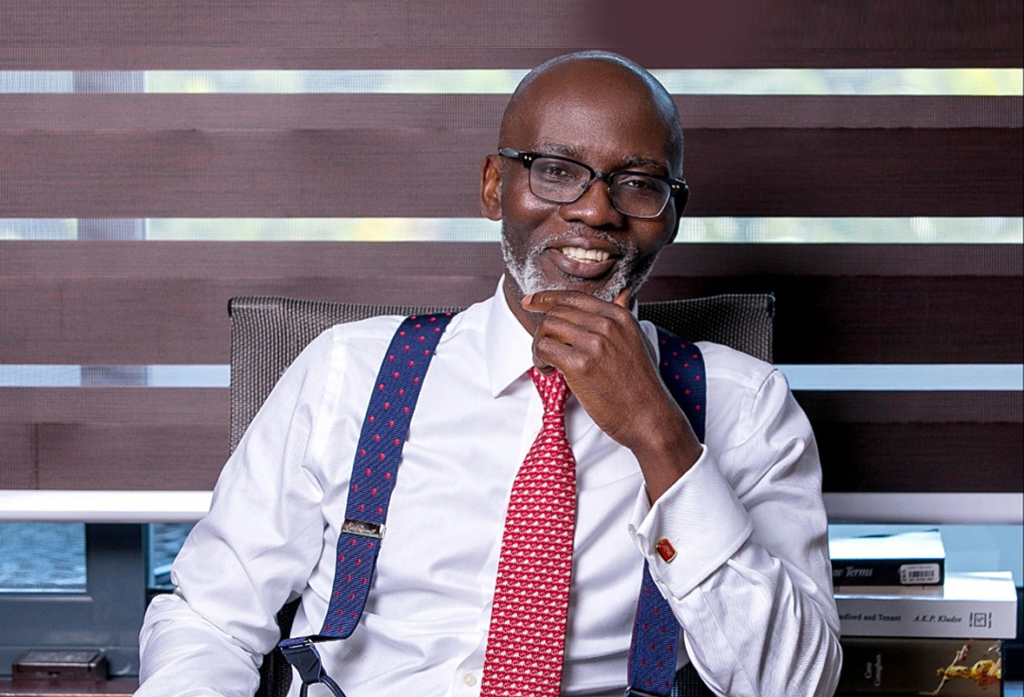Gabby Otchere-Darko, a cousin of President Akufo-Addo, known for his influential role within the government, has recently been confronted with a wave of fear following the unexpected illness of his cousin’s Executive Secretary, Nana Asante Bediatuo.
Ghanaians, seizing upon the news of Bediatuo suffering a stroke while in the US, took to social media to express satisfaction, seeing it as a karmic blow against the president’s family.
In response to the public’s jubilation over Bediatuo’s health issues, Otchere Darko, also known as the de facto prime minister of the administration, acknowledged the deep-seated animosity towards his family.
He condemned the expressions of hatred directed at them, emphasizing that such malevolent sentiments are destructive and unfounded.
Despite disabling the comments section on his social media post, designed to limit access to only close associates, Ghanaians circumvented these restrictions to lash out at Gabby and his family, attributing their current woes to perceived corruption and arrogance demonstrated throughout their rule.
The sentiment of public reproach is not new, as previous instances, such as the reaction towards former Finance Minister Ken Ofori-Atta’s illness, highlight the prevailing resentment towards the ruling elite.
The current administration has been marred by allegations of state capture and abuse of power, with close associates leveraging political influence for personal gain, further stoking public discontent.
The government’s involvement in violent acts against the opposition, including the deployment of armed personnel in hostile territories, has compounded public mistrust and antipathy towards the ruling establishment.
Allegations of electoral rigging and human rights abuses have fueled calls for accountability and justice, particularly as the country approaches the forthcoming elections in December 2024.
The growing discord within the ruling party and the broader populace underscores the divisive legacy of Akufo-Addo’s tenure, with even internal rifts spurring dissent and defections.
The pervasive sentiment among Ghanaians reflects a desire for systemic change and a reckoning with impunity, as calls for accountability and restitution resonate across the political landscape.
As the Akufo-Addo government grapples with internal strife and public discontent, the upcoming elections loom large as a potential turning point in Ghanaian politics, with voters seeking to hold the ruling elite accountable for their alleged transgressions.
The prevailing mood suggests a yearning for justice and a redefinition of governance that prioritizes integrity and transparency over self-interest and impunity.

